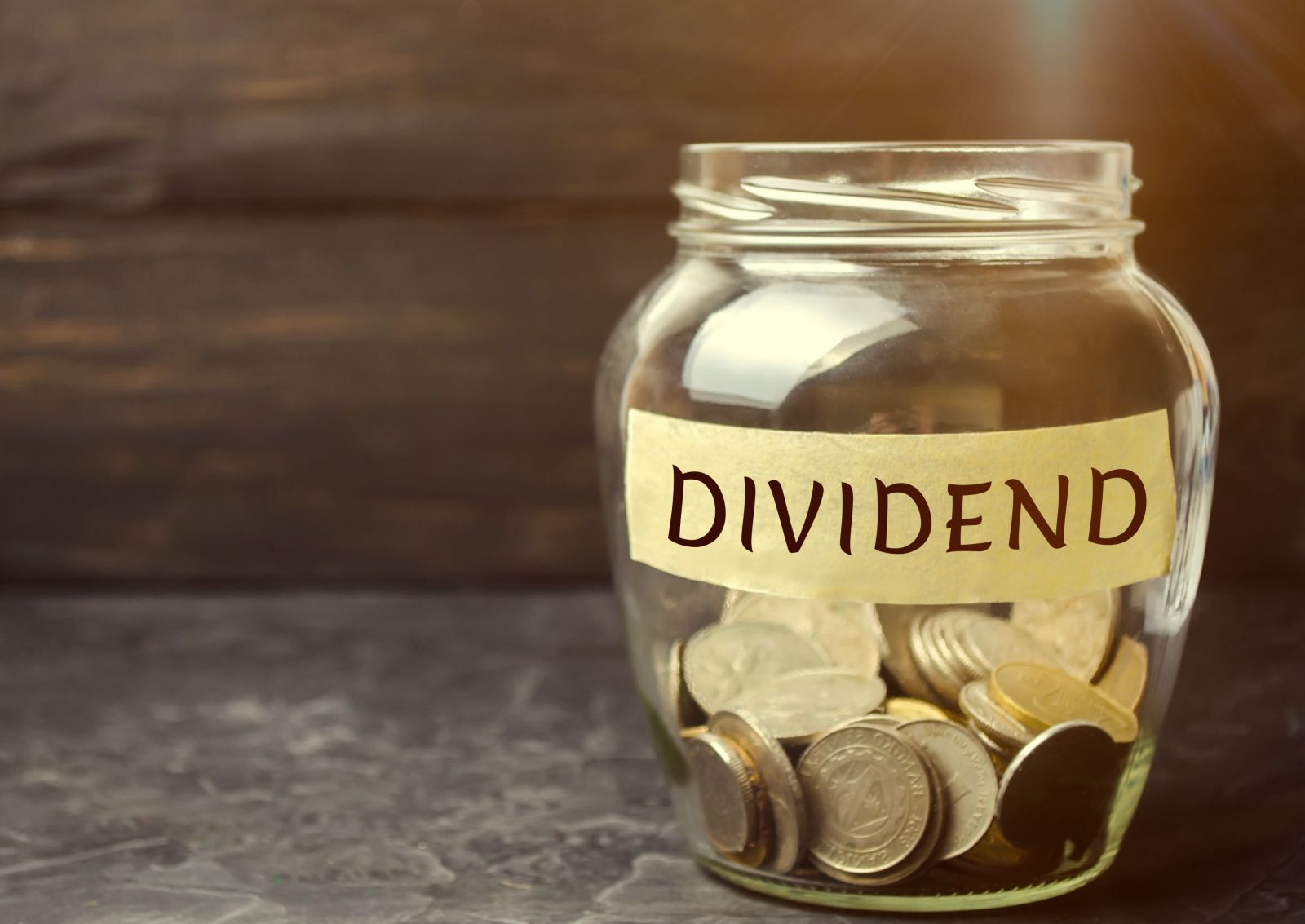
U.S. stock markets have looked weak in September - and in fact, last week was the worst in six months amid a broad-based sell-off. Specifically, the tech-heavy Nasdaq Composite ($NASX) is down 6% so far in September, while the S&P 500 Index ($SPX) is down 4.3%, and looks on track for its worst monthly performance since December.
With September holding onto its reputation as the “worst month” for stocks, many leading names are now trading near multi-month lows. But as the macro environment remains challenging, investors might find some solace in dividend stocks. After hitting a record in 2022, dividend payouts are expected to hit another new record in 2023.
I believe Citigroup (C) and Pfizer (PFE) are two quality dividend stocks to buy now. Not only do both of these companies have a dividend yield over 5%, but after the recent sell-off, they now trade near 52-week lows and look quite reasonably valued – which could mean healthy capital appreciation over the medium to long-term.
Pfizer Stock Has Underperformed Markets
As the world recovered from the COVID-19 pandemic, “stay-at-home” winners like Peloton (PTON) and Zoom Video Communication (ZM) fell out of favor with investors. The same holds true for Pfizer, which is experiencing a steep fall in sales of its COVID-19 vaccines.
Pfizer’s sales rose 94% in 2021 and 23.4% in 2022, boosted by higher sales of its COVID-19 vaccines - but analysts expect sales for the pharma giant to fall almost 34% in 2023. The stock is down 34% for the year, which places it among the worst-performing S&P 500 stocks.

However, the stock’s forward dividend yield is now over 5%, which looks quite attractive. During their Q2 2023 earnings call, Pfizer said that “growing our dividends over time” is one of the three pillars of its strategy – reinvesting in business and “value-enhancing share repurchases” being the other two.
Pfizer’s Dividend Yield is Over 5%
Along with a healthy dividend yield, Pfizer also has some growth drivers to support future returns - including the proposed acquisition of Seagen (SGEN), which would enhance its cancer care portfolio. Seagen is expected to add $10 billion in “risk-adjusted” sales by the end of this decade. To put that in perspective, Pfizer’s Oncology business generated revenues of $12.2 billion in 2022.
Incidentally, Seagen and Astellas Pharma said last week that the Phase 3 trial of Padcev in combination with Merck’s (MRK) Keytruda showed positive results in bladder cancer patients. Additionally, Pfizer has a decent product pipeline and is in the midst of an 18-month period where it expects to launch 19 new products.
From a valuation perspective, the stock looks reasonable, based on its next 12-month (NTM) price-to-earnings (PE) multiple of 10.74x - which is even below its pre-pandemic multiples.
Overall, with broader markets looking volatile, a pharma name like Pfizer with a healthy dividend yield can offer some stability to most portfolios - especially for risk-averse investors.
Citigroup Stock is a Long-Term Underperformer
Citigroup stock has been a long-term underperformer, and the stock is down more than 73% in the last 15 years. In 2023, the stock has lost almost 7%, which is considerably steeper than the 0.5% decline registered by the S&P 500 Financial Sector SPDR (XLF) .

While banks in general are known for their generous dividends, Citigroup’s dividend yield in excess of 5% is better than many of its peers. JPMorgan Chase (JPM) and Bank of America (BAC), for example, have dividend yields of 2.74% and 3.26%, respectively.
In terms of valuation, Citi trades at a significant discount to peers, and its price-to-book value multiple is 0.43x - while banks typically trade at a multiple of around 1x. Citigroup’s NTM P/E multiple of 7.59x also looks quite attractive.
That said, Citigroup's return on assets (ROA) is a mere 0.52% - well below JPMorgan Chase’s 1.24% and Bank of America’s 0.96%.

However, Citi is trying to transform its business under CEO Jane Fraser, who took over the position in March 2021 – becoming the first female CEO of America’s third-largest bank in the process.
Citi’s Transformation is a Long Haul
Citi’s transformation is a long-term exercise, and will not yield overnight success. However, I believe Fraser is making some key decisions, like exiting multiple international markets and trimming leadership layers, which will help reduce complexity and increase return ratios.
Even Berkshire Hathaway (BRK.B) - whose chairman, Warren Buffett, has exited multiple banks since 2020 - added a new position in Citigroup in 2022. However, Citi is among the underperforming names in Berkshire’s portfolio, even as the underperformance over the last year has more to do with the weakness in bank stocks than any factor specific to Citi.
Overall, I believe that with a dividend yield over 5% and price-to-book value multiple below 0.5x, Citi looks like an undervalued dividend stock to buy. The longer-term strategic transformation should also help drive capital appreciation for investors if they can remain patient amid the current turmoil.
On the date of publication, Mohit Oberoi had a position in: C , PTON , BRK.B . All information and data in this article is solely for informational purposes. For more information please view the Barchart Disclosure Policy here.






